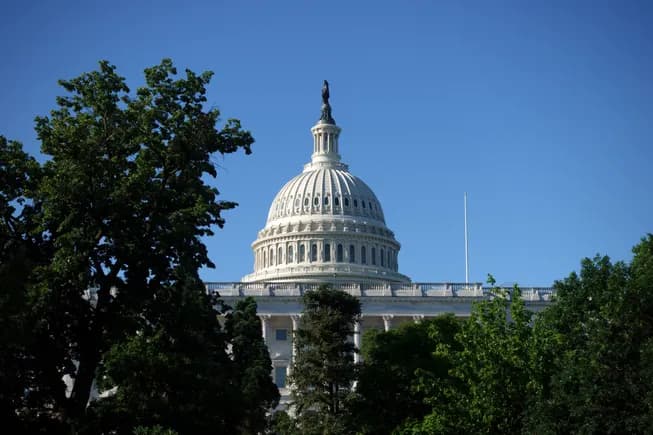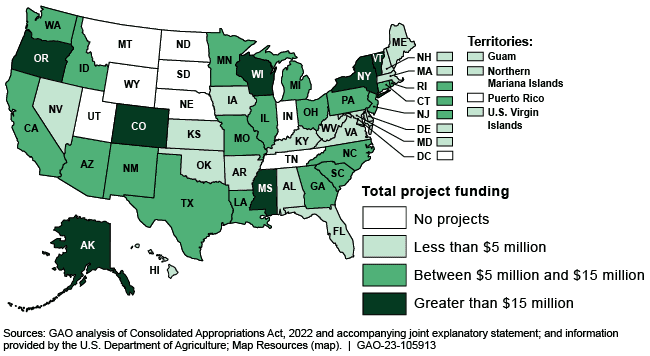Healthcare Groups Demand Quick Congressional Action on ACA Subsidies
Major hospital, insurer, and provider organizations are pressing lawmakers to extend enhanced Affordable Care Act subsidies now that the longest U.S. government shutdown has ended, warning that delay will drive up costs and shrink coverage. The push frames the subsidies as a near term fix for 2026 affordability, while also calling for legislative solutions to stabilize the individual market going forward.
Listen to Article
Click play to generate audio

With the longest government shutdown in U.S. history concluded, a broad coalition of healthcare organizations is urging Congress to move promptly to extend enhanced Affordable Care Act subsidies to protect consumers and the individual insurance market heading into 2026. The appeal comes from a cross section of payers, providers, and trade groups who say legislative delay will translate quickly into higher premiums and reduced access.
Groups including the Federation of American Hospitals, the Blue Cross Blue Shield Association, the Alliance of Community Health Plans, the Catholic Health Association, and America’s Health Insurance Plans have joined the call. Their message emphasizes immediate action, arguing that congressional uncertainty undermines insurer planning for the next plan year and risks shifting costs onto patients and state programs.
One prominent statement captured the urgency and the hoped for tone of cooperation. "With timely bipartisan action, Congress can both provide peace of mind to millions of Americans for 2026 and enact solutions to further strengthen the individual market in the years ahead," Tuffin said. Another industry warning underscored the potential consumer harm. "Without an extension, millions will be priced out of the individual marketplace, while millions of others will see their monthly premiums double or worse," the organization said.
Policy analysts and market participants have long warned that the structure of marketplace subsidies and insurer pricing requires predictable federal policy well before open enrollment and plan rate filings. Insurers set rates based on expected federal policy, and abrupt changes to subsidy rules can prompt insurers to increase premiums substantially or withdraw from markets entirely. Providers, particularly safety net hospitals, say higher uninsured rates would increase uncompensated care pressures at a time when many institutions remain financially fragile.
Congressional leaders face a compressed window to act if they wish to avoid serious disruption. Lawmakers must reconcile partisan differences over budget priorities and program costs, even as advocacy from both payer and provider communities frames passage as an urgent, bipartisan necessity. The coalition of groups is attempting to marshal political pressure by emphasizing immediate consumer harm and broader market stability rather than partisan advantage.
Beyond the immediate financing question, the organizations are urging lawmakers to consider structural steps to strengthen the individual market longer term. Those recommendations focus on reducing volatility in premium pricing, improving enrollee continuity, and ensuring adequate participation by insurers to preserve choice in local markets. The groups say such reforms would reduce the need for emergency policy extensions in future years.
For voters and enrollees, the consequences are direct. The industry warnings suggest that failure to extend enhanced subsidies will affect monthly premiums and out of pocket affordability for large numbers of people who rely on individual market coverage. The coming weeks will test whether congressional leaders can turn broad industry consensus into swift legislative action, and whether policymakers will prioritize immediate affordability alongside longer term market reforms.

